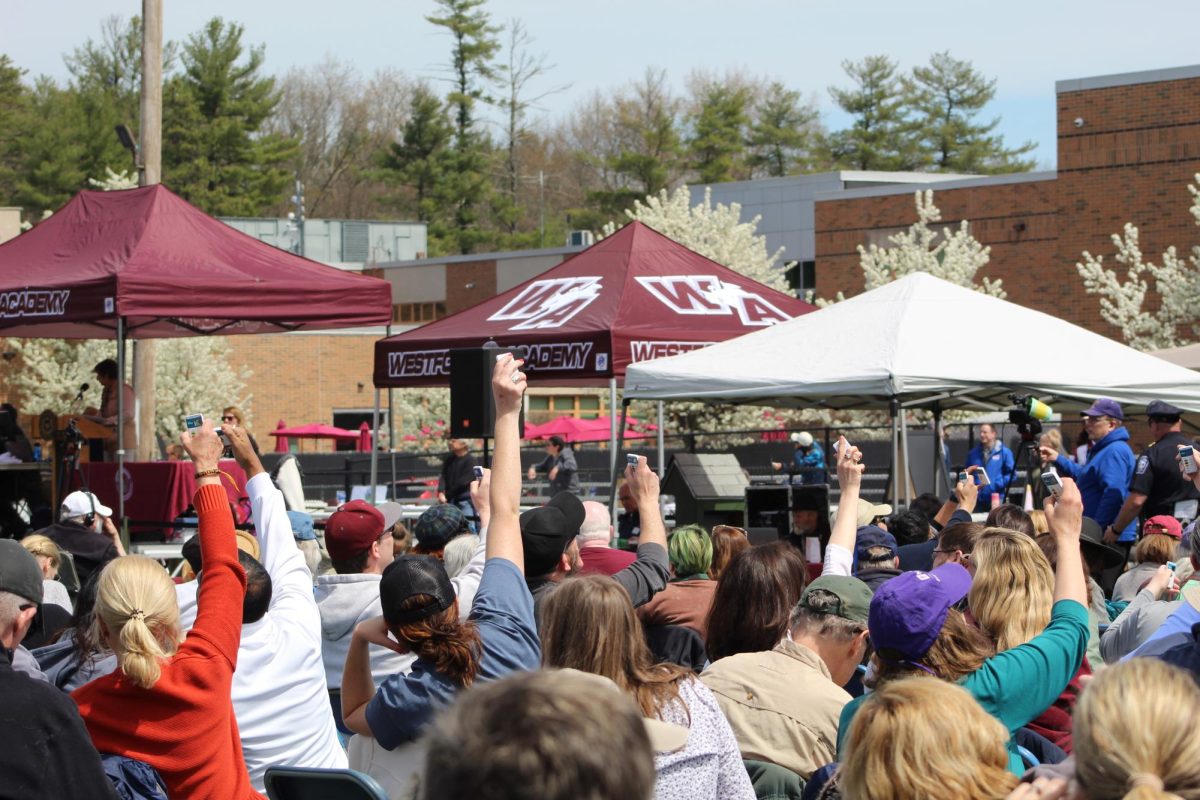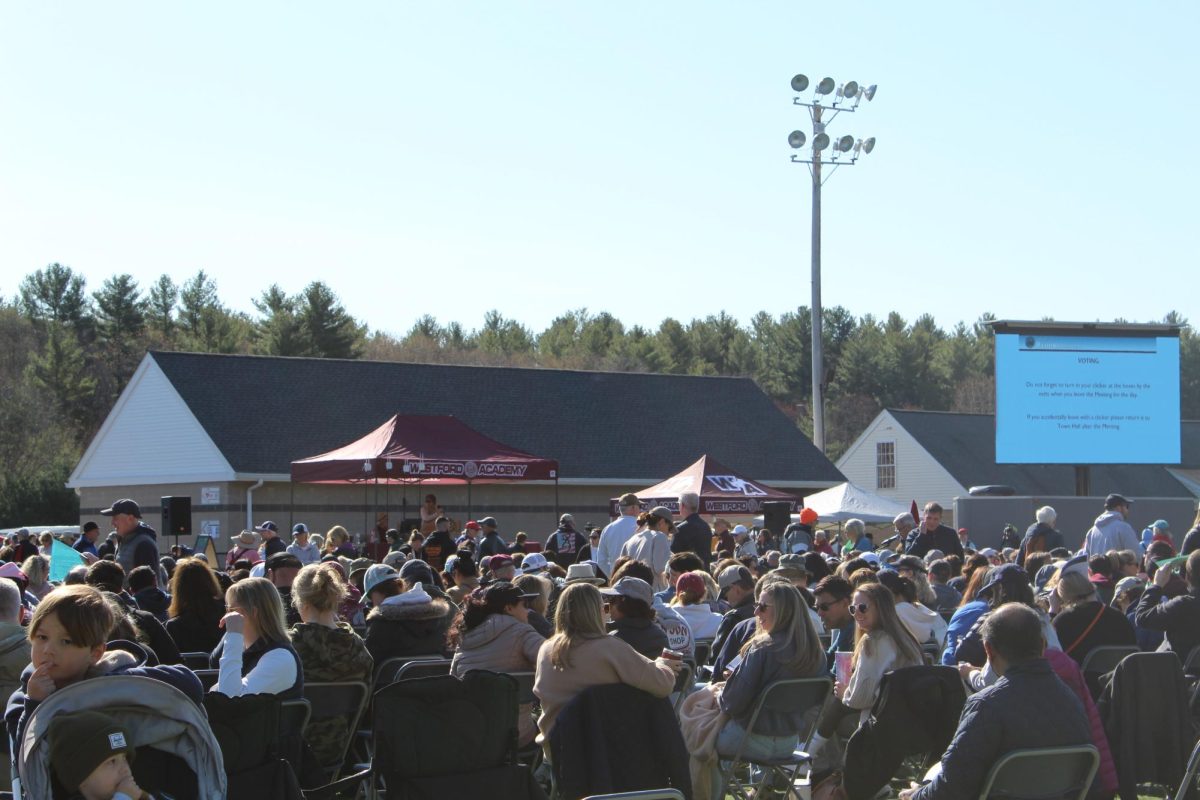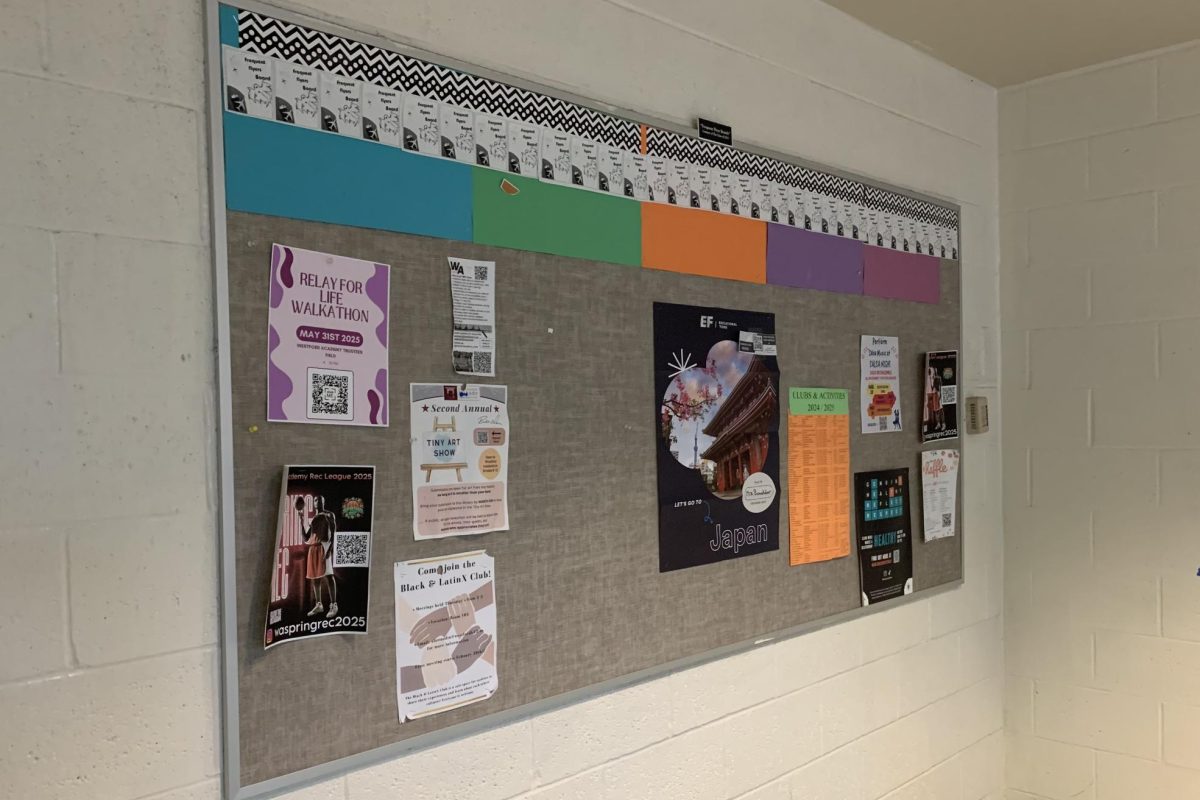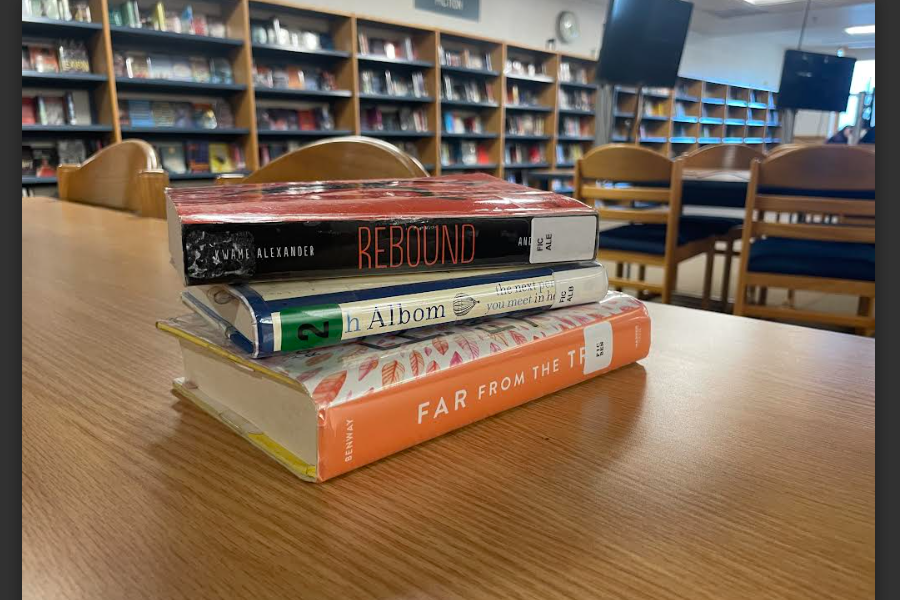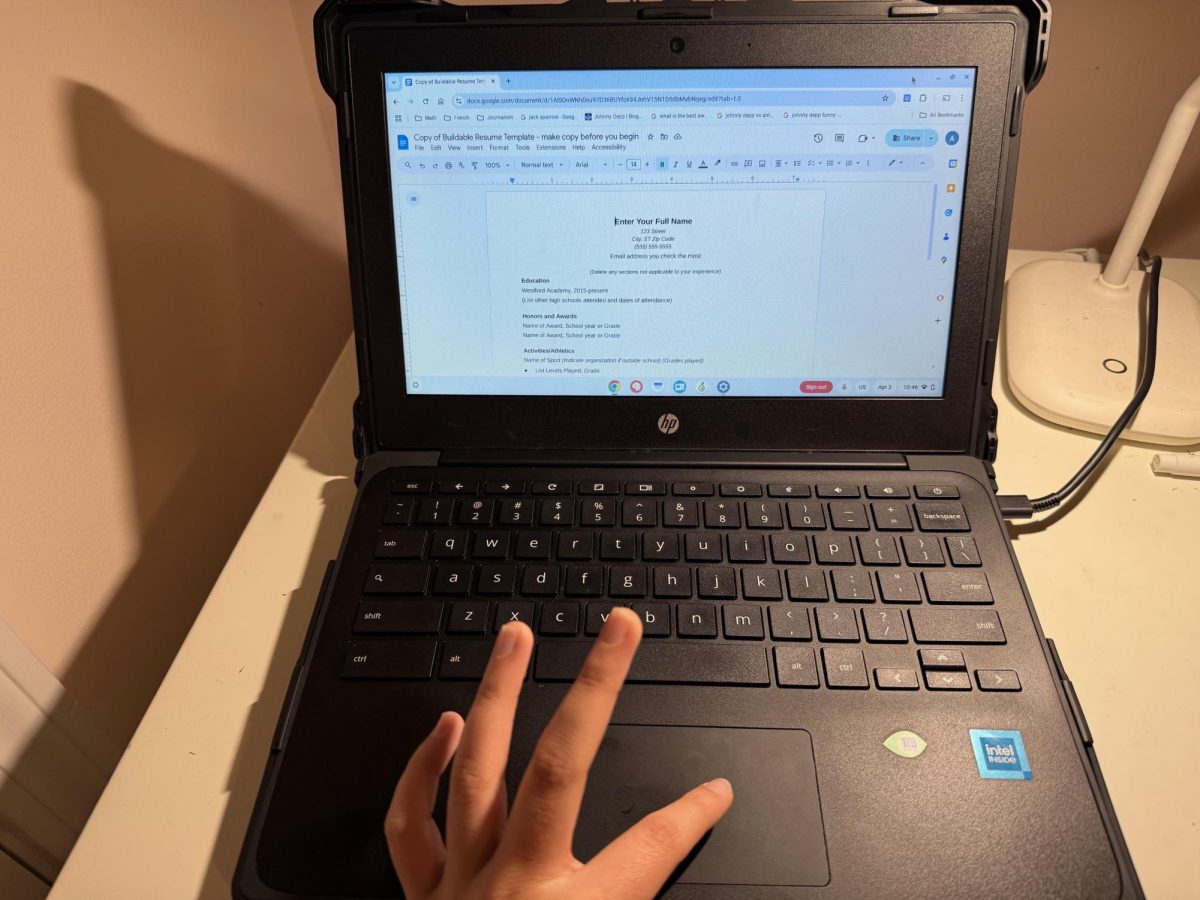A general operating budget for FY25 that includes a Proposition 2 ½ override, also known as Article 1, was approved to be placed on the May 7 election ballot with a ⅔ majority of 1190:694 at Westford’s rescheduled Annual Town Meeting on Saturday, April 27. In order for the Proposition 2 ½ budget to take full effect, it must be passed at the Annual Town Election on May 7.
Although an adequate majority was achieved to pass Article 1, the motion to establish an Override Stabilization Fund (OSF) as detailed in Article 2 failed to receive the same ⅔ majority. An OSF would have created a stabilization fund in which a portion of the override fund would be deposited into until town meeting votes on the use of these funds in following years.
The town also voted to dismiss the vote on Article 3 which was $2,600,000 of funding being added into the stabilization fund. The Override Stabilization Fund would have been used to fund forecasted budget shortfalls in future years. At this time, it is anticipated that there will be a budget shortfall of $3.9 million in FY26 and $1.9 million in FY27.
“I am encouraged by the turnout and the fact that the first motion did pass, but the ⅔ [majority] is a heavy lift for the second article, for the stabilization fund,” fourth grade teacher Megan Eckroth said.
Article 4 was also passed with an amendment to increase the budget in a no override scenario by $378,000 from $67,207,355 to $67,585,355. Additionally, a non-override budget was also approved if an override does not pass on the May 7 election ballot.
If passed at the election during the May 7 ballot vote, Article 1 would instate a FY25 budget without significant cuts to staff or services, but would also result in a $4.2 million permanent tax increase.
The explanation of the articles, line by line reading, and questions and comments stretched out the meeting by a lot. With many motions to dismiss articles called before voting begun, arriving at the voting took close to three hours, which was inconvenienced more by the direct sunlight.
“I think for the most part the execution went all right. I think by the end people were definitely getting more tired of people being kind of nitpicky about putting the motions to dismiss things and whatnot,” senior Ivy Vernalia said. “But, people pretty quickly were like, ‘No, we’re done. We’re just going to vote.’”
The postponement of Town Meeting from March 23 to April 27 proved to be difficult for many. However, many residents, such as Alan Andrews, were pleasantly surprised by how organized the set up was for the rescheduled meeting.
Though the set-up was organized well, according to several residents, many were confused about the procedures of the meeting, leading to several long discussions between residents and the moderator. Many attendees were unsure of the direct connection between Articles 2 and 3 leading to confusion as to why it would be unnecessary to vote for Article 3 after Article 2 was voted down. This raised questions about how informed voters were going into the meeting.
“I think that for a lot of people, myself included, this is probably the first time coming out to something like this. So I do think that there was a lot of confusion among voters about what needed to be going on,” Westford resident Nick Falconer said. “[…] I think that’s less something the town should do, and that people should just do for themselves and research. […] I think people are very informed about the issues, but not so much about the procedure.”
With April 27 being the largest town meeting in Westford’s history, it brought forth many of Westford residents’ personal stories due to the override vote having such a widespread impact. Many shared stories, through the several comments portions of the meeting, about the benefits Westford’s extensive programs, and the detriment it would have for many if they were eliminated.
“I will likely not have a teaching position next year,” Eckroth said. “[…] but even with that, I feel like I was here because of my children at the high school and because of my kids in my class, more so than my own job. I see firsthand the impacts of some of these things, whether it’s all the amazing opportunities academically at WA. They are lifelines for kids through the arts and through all of the electives that we have for core subject areas. To see some of that stuff go away, it would really harm our students.”
Residents also spoke up with concerns for the financial sustainability of the town if the three articles get passed. Additionally, these residents spoke about their worries that Westford was not using its resources properly.
“If Articles 1, 2, and 3 pass, it’s going to be a 15-20% increase in all of our property taxes,” resident and member of Finance Committee Dennis Galvin said. “The stabilization fund will institutionalize overspending, it will kill the incentives to reduce spending and to restructure town government, which is absolutely essential for us to meet our future financial sustainability. Taxes should never be raised unless the government has been able to demonstrate that they’ve applied their resources effectively, that has not been done in this case.”
Alternatively, many older residents also believed that as taxpayers, they should pay back a system that did so much for them.
“Our daughter went through Westford Academy and the school served her very well so she ended up in a good college and she’s out on her own now,” Westford resident Kate Andrews said. “That’s why we were also starting to feel like it’s our duty to pay it forward.”
The town’s younger residents were also able to make their impacts in unique ways. For many students, voting was not an option, however, many were able to volunteer. Not only that, but many high school students and younger residents stayed for the entire four hours of voting to participate or simply perform their civic duties.
“Personally, I’m very glad the override passed and I really hope that it passes again on the ballot in May, but it’s great that everybody gets to participate,” Vernalia said. “I’m glad that they rescheduled to accommodate everyone and […] that’s really great to see that more people are engaged in this right now and actually care about making sure that this [vote] goes through. It definitely takes longer when it’s direct and everybody gets a say, but I think it’s still better that way.”

